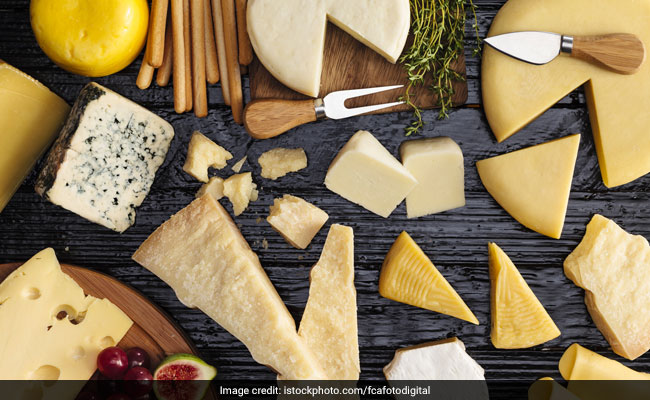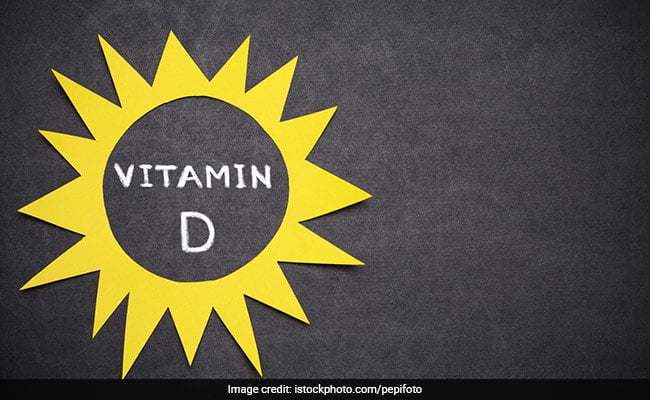
Vitamin D also known as the “sunshine vitamin” because it is produced in your skin as a response to the sunlight. It is a fat-soluble vitamin and your body produces vitamin D naturally when it is directly exposed to sunlight. Vitamin D plays a vital role in performing several body’s functions. The most important is regulating the absorption of calcium and phosphorus, boosting the immune system function, growth and development of bones and teeth, as well as preventing certain chronic diseases.
You can get vitamin D through natural sunlight, certain foods to ensure adequate levels of the vitamin in your body. However, vitamin D deficiency is a very common problem today and many people are not aware of it. Also, if you suffer from tooth decay, bleeding gums or any gum disease, type 2 diabetes, arthritis, joint paint, irritable bowel syndrome and other digestive issues, snoring and Alzheimer’s disease you should ensure that you take adequate amounts of vitamin D.

You can get vitamin D through natural sunlight, certain foods to ensure adequate levels of the vitamin in your body.
Photo Credit: iStock
Also read: Vitamin B3: Healthy Benefits And Foods That Are Rich In Vitamin B3
Some common signs of vitamin D deficiency are fatigue and tiredness, back and bone pain, muscle pain, bone loss, hair loss, weak immunity and taking time in wound healing.
Here’s how you can add vitamin D to your diet:
1. Mushrooms:
Mushrooms are extremely delicious and a low-calorie source of vitamin D. They also offer potassium and several B-complex vitamins. In addition, the intake of mushrooms might have several health benefits. For instance, they can lower blood pressure as well as the risk of diabetes.
2. Fatty fish:
Fatty fish oils contain vitamin D so it including fatty fish like salmon, trout and cod is a must for getting vitamin D. Fatty fish are also excellent source of omega-3 fatty acids, protein, and rich in antioxidants making them great for brain also.
Also read: Here’s All You Need To Know About Vitamin D And Its Many Health Benefits
3. Egg yolks:
Vitamin D is found in the egg yolks as well making whole eggs perfect to add some vitamin D to your diet. Apart from that eggs are also an excellent source of protein and lutein. Due to its versatility you can never get bored of eggs.
4. Milk:
Milk is a great source of vitamin D and super easy to include in your diet. You can add milk to your cereals, oatmeal, smoothies or simply have a glass of milk. Soya milk, cow milk, almond milk and full tone milk all are excellent sources of vitamin D and other essential nutrients.
5. Cheese:
Cheese lovers, a good news for you! Cheese is an amazing source of vitamin D and healthy fats. You can have a slice of cheese as an evening snack, include in your sandwiches and top it in your salads. Ricotta cheese has the maximum amount of vitamin D.


